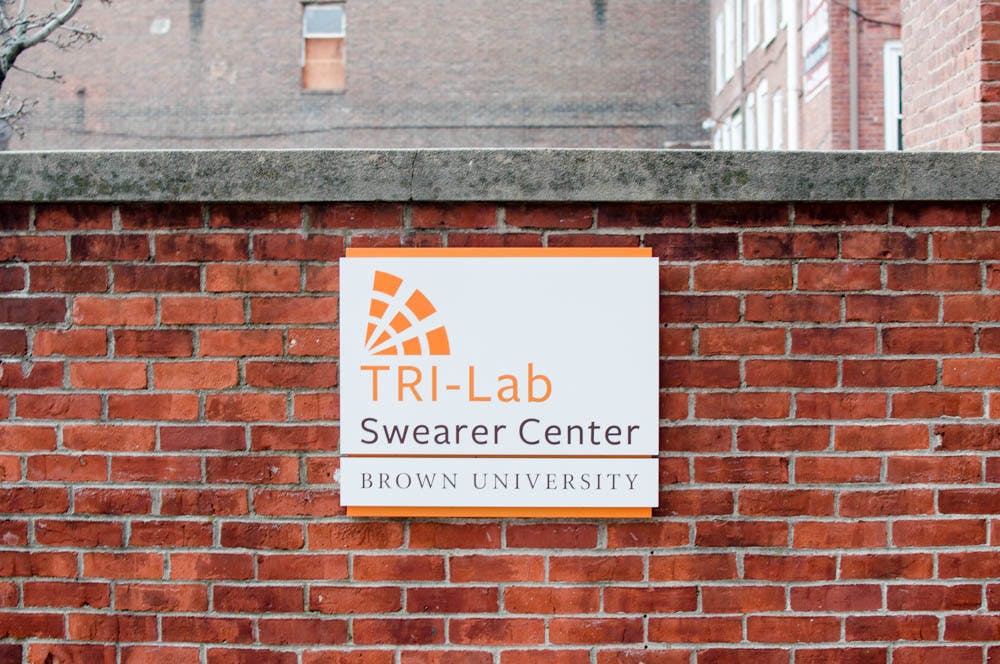The University’s engaged scholarship pilot program TRI-Lab, a Swearer Center initiative that focused on bringing together students, staff and community partners around specific social issues including childhood development, healthy food systems, climate change and prisoner health, saw its last lab in spring 2016. Though TRI-Lab offered students the opportunity to deeply explore engaged scholarship through community partnerships, its model was deemed ultimately unsustainable in the long term.
TRI-Lab — which stands for Teaching, Research and Impact — was “an early effort to define what a program in engaged scholarship might look like,” said Allen Hance, director of academic programs at the Swearer Center. “We wanted to understand how we could build university-community partnerships around teaching, learning and research.”
But TRI-Lab was hard to expand, Hance said. Each iteration of TRI-Lab was discrete from the others, making it difficult to maintain community partnerships after the individual lab had finished. Additionally, the curricula developed for TRI-Lab didn’t have as deep an institutional impact on Brown’s curriculum as its coordinators had hoped, Hance added.
Along with its scalability issues, TRI-Lab was economically unsustainable. “It was expensive, particularly measured against the number of students involved,” Hance said. With only 10 to 20 students taking part in each lab, the resources used were narrow in impact. “We had multiple faculty, multiple community partners and multiple staff from the Swearer Center involved,” Hance said. “When we went back to the drawing board, we had to ask ourselves, ‘How can we expand the scale of this opportunity so that more students can do it?’” Hance said.
For the Swearer Center, the response to these issues was the creation of the Engaged Scholars Program, a pathway that allows students to incorporate community-engaged scholarship into their concentration requirements. TRI-Lab “was a pilot for the Engaged Scholars Program,” Hance said. “In that way, it didn’t really end, it just morphed into something new.”
Kai Salem ’18 was involved in TRI-Lab from spring 2015 through fall 2015, and has been involved in a number of engaged scholarship programs at Swearer since then. “I had a really great experience in TRI-Lab that was pretty foundational to a lot of what I’ve ended up doing (at) Brown, both in engaged scholarship and in my engaged environmental policy work,” she said.
For Salem, the TRI-Lab model was a positive trial run that led to better means of engagement. “I saw the ways in which engaged scholarship could be performed better by better models that used less resources,” Salem said. “The Engaged Scholars Program is bringing more departments into the mix and giving more students the opportunity to access those resources and those ideas.”
Through the shift to the ESP, Hance hopes that the knowledge gained from TRI-Lab can build a more sustainable program that reaches a broader community. “We learned a lot about how to build partnerships, how to build courses and how to design frameworks that assess work outside of the typical classroom setting,” Hance said.
Even though the TRI-Lab is no longer a part of the Swearer Center’s program roster, engaged scholarship programs continue to form an important part of education at Brown. Engaged work “is how students can learn how the world actually works,” said J. Timmons Roberts, professor of environmental studies and sociology, who taught the TRI-Lab on environmental justice and climate change. “Brown students want to save the world, and they don’t want to wait until they graduate to do it. Being engaged in our community provides them with a real opportunity to learn about how a society functions.”





